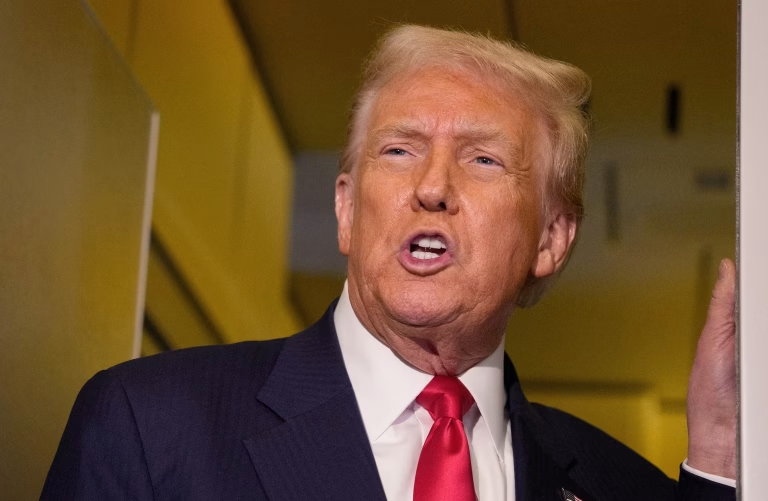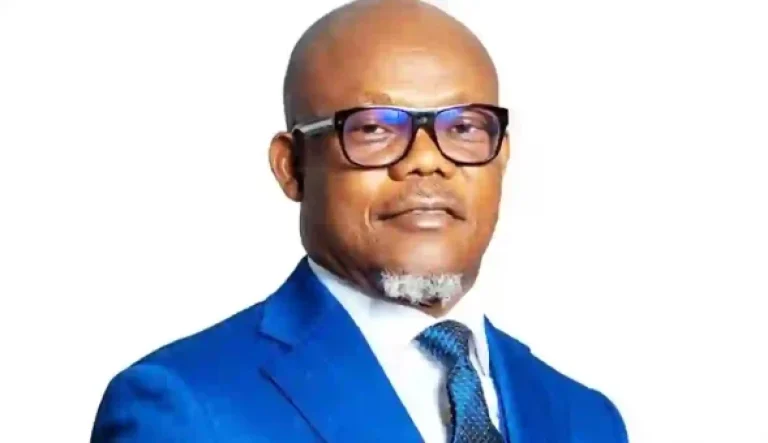
Ihekweazu
There were strong indications on Sunday that relevant state governments and the Nigeria Centre for Disease Control were not enforcing the 14-day self-isolation for inbound international travellers.
The PUNCH gathered that no official of the NCDC or the concerned state governments was attached to the new arrivals, who were expected to be in isolation in their homes for 14 days.
The Federal Government on February 9 placed travel restrictions on 100 passengers for failing to comply with the mandatory Day 7 post-arrival COVID-19 test.
Government had in January placed similar travel restrictions on 100 travellers who failed to undergo the compulsory COVID-19 test after returning into the country.
But besides failing to turn up for the test, investigations by our correspondents revealed that many travellers had not been observing the 14- day self-isolation.
Many inbound international travellers, who spoke to The PUNCH on condition of anonymity, stated that they shunned self-isolation.
An information and communications technology, who came back from Canada two weeks ago told one of our correspondents that unlike in Canada, where somebody would be asked to keep a close watch on an international passenger, nobody checked whether he was observing self-isolation or not.
He stated, “Nobody monitored me. I went out on the fifth day, but I ensured that I used my face mask. I will advise relevant government agencies to enforce compliance with 14-day self-isolation.”
Another passenger, who arrived from the United States last month, confided in The PUNCH, that he was in isolation for only five days and started going out on the sixth day.
“There is no enforcement of self-isolation. Everybody is on his own. I only stayed at home for five days,” he stated.
A resident of Enugu, the Enugu State capital, in an interview with The PUNCH, said his cousin flew in from New York in December and headed to Enugu from Lagos for a burial.
“He did not go into isolation either in Lagos or Enugu. He was just mixing freely with people without using a face mask,” the Enugu resident stated.
Our priority on testing, not compulsory isolation, says LASG
When contacted, the Lagos State Commissioner for Information and Strategy, Gbenga Omotosho, said the state government was placing more emphasis on testing of air passengers than their compulsory isolation.
Omotosho, who spoke to one of our correspondents on Sunday, said the state only monitored travellers who sought help through the Eko TeleMed facility.
He said, “When this thing started, people were being put into isolation. But now, what is important is for people to know their status. So, when you do the test there (country where you’re coming from), and you book that you will also do the test when you get to Lagos, we ensure you do the test. It is not like we go to people’s homes to monitor them.
“But we have our Lagos TeleMed facility that we use to monitor people who report their conditions to us or who want to have a conversation on the virus. But it is not like you go from one house to the other. There is a data bank at the airport that will show whether you have done the test or not. Before, it was a case of people using fake test results, but that is not possible again because everything is now computerised. As soon as you do the test in the testing centres, it shows up here and they will know if you have done the test.”
The commissioner said the state’s major problem was disbelief of the virus among some residents, who despite reports from people who had been infected, still acted as if the pandemic was peculiar to a class of people in society.
The acting Secretary, Federal Capital Territory Health and Human Services Secretariat, Dr Mohammed Kawu, in an interview with The PUNCH, stated that enforcing compliance with the 14-day self-isolation remained a challenge.
The epidemiology and surveillance team, he said, got information from the Nnamdi Azikiwe International Airport about incoming travellers.
He noted that enforcing compliance with self-isolation remained a challenge, adding that the individuals who came in from abroad were expected to self-isolate if they tested negative for coronavirus.
Kawu stated, “Those that are positive would be taken into the treatment centre while those negative would be allowed to go home for self-isolation but monitoring people on isolation is a challenge.
“As far as I’m concerned, it is a personal responsibility that everybody has to take. Getting people to stay home is a challenge but that is the policy. If we find you violating it, we would take action.”
When asked about the number of those sanctioned for violating the policy, he said, “I have not had any official or formal incidences of people not obeying.” (The PUNCH)







877244 944257This write-up is very appealing to thinking individuals like me. It is not only thought-provoking, it draws you in from the beginning. This really is well-written content material. The views here are also appealing to me. Thank you. 958486